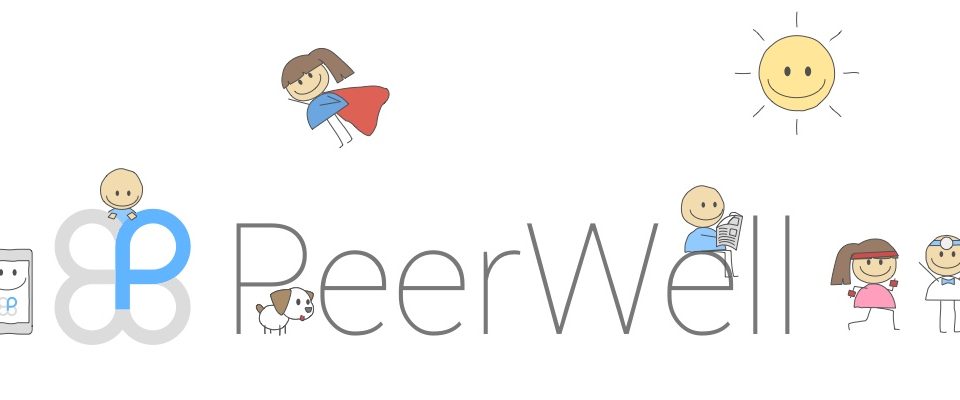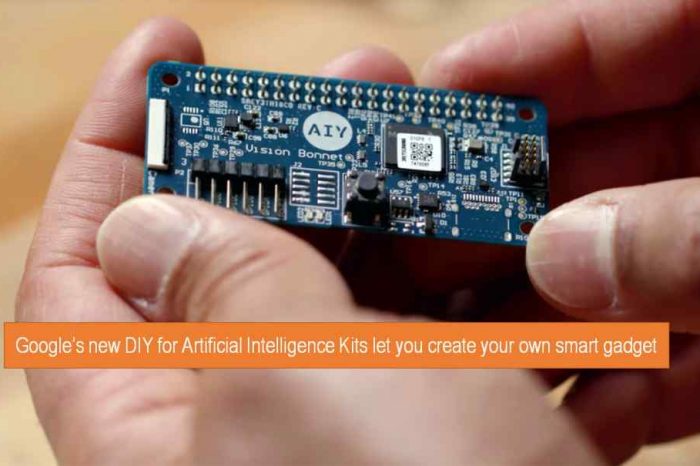PeerWell Launches Augmented Reality Trip and Fall Hazard Detector for Smartphones

The artificial intelligence-powered extension enables patients to prepare their homes for recovery after joint replacement and spine surgery
SAN FRANCISCO – APRIL 18, 2018 – PeerWell, whose mobile technology helps people prevent, prepare for, and recover from surgery, has announced the launch of an extension of its platform to help patients identify and avoid trip and fall hazards. PeerWell’s Trip & Fall Hazard Detector uses artificial intelligence (AI) to analyze the video stream from a smartphone’s camera in real-time, and augmented reality (AR) to alert people of hazards to correct.
Trip and falls are a leading cause of fatal and nonfatal injuries among older adults, and a primary source of complications and readmissions after surgery. 29 million older adults fall every year. Falls result in $31 billion in annual Medicare costs. Sadly, many of these falls are preventable, but sending trained experts into patients’ homes is cost prohibitive and logistically challenging for most health systems in the country.
PeerWell’s Trip & Fall Hazard Detector extension allows users to walk around their homes with their smartphone cameras on while the system’s real-time artificial intelligence identifies and flags trip and fall hazards. When the Trip & Fall Hazard Detector identifies a hazard, an augmented reality alert will be superimposed over the video display. After the evaluation, photos of the problem areas will be shown to the patient with education on how to fix them.
PeerWell’s AI will assign patients’ homes a risk score, which can be used by health systems to allocate in-home occupational therapy visits and inform discharge planning. In home patient safety is a key focus area for the healthcare industry, driven by the aging of western populations, continued pressure to reduce hospital length of stay, and the rapid growth of same-day surgery.
“Falling is a top driver of injuries in older adults, and of special concern after a surgical procedure like a hip or knee replacement,” explained Dr. Michael Mont, orthopaedic surgeon. “Right now, we do not have any tools to help patients identify and remove trip and fall hazards in their homes besides costly home visits or confusing brochures. PeerWell’s interactive AR extension in a sense extends physicians’ reach to help patients properly set up their home and ensure the safety in recovery.”
“Until now, augmented reality has mostly been used in gaming,” said Manish Shah, CEO of PeerWell. “We’ve combined it with real-time image recognition powered by our AI to bring this life-saving tool to patients. This technology continues to put us years ahead of the industry. Most image recognition systems are trained using publicly available data sets. Here, there is no data set like this, so even the foundational data is proprietary.”
PeerWell will offer this as a new component of its existing platform, which includes smartphone based range of motion assessment, autonomous care path creation, and the tracking of over 40 data streams per episode of care. PeerWell has collected over 1 million mHealth records to date, enabling its artificial intelligence based system.
PeerWell’s new augmented reality Trip & Fall Hazard Detector, can be viewed here.
About PeerWell
PeerWell is a healthcare technology company that helps patients prevent, prepare for and recover from surgery. Every year 50+ million people undergo major procedures like joint replacement surgery, spinal fusion, and ACL reconstruction. Using PeerWell, patients are guided through a care path that is powered by data. They prepare mentally, physically and environmentally to succeed through surgery and recover quickly. Learn more about PeerWell’s fully automated PreHab to ReHab patient solution at https://www.peerwell.co.

